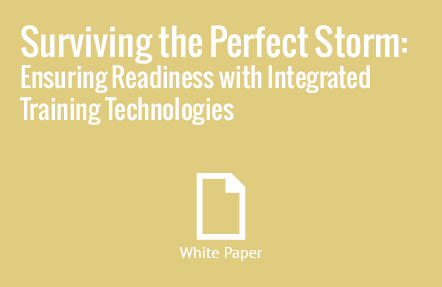Jun 18, 2015
What warming weather means for curbing crime
There are strong correlations between rising temperatures and crime rates. To keep the public safe, leaders need not only to be aware of this relationship, but also to engage peers and the public in developing solutions to the impending resource gaps.
Read More








